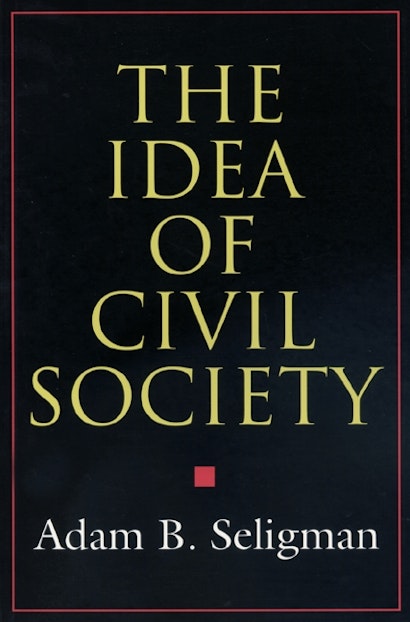The Idea of Civil Society


Paperback
- Price:
- $60.00/£48.00
- ISBN:
- Published:
- Jul 23, 1995
- Copyright:
- 1995
- Pages:
- 256
- Size:
- 6 x 9.25 in.
- Main_subject:
- Political Science
As the countries of East-Central Europe struggle to create liberal democracy and the United States and other Western nations attempt to rediscover their own tarnished civil institutions, Adam Seligman identifies the neglect of the idea of “civil society” as a central concern common to both cultures today. Two centuries after its origins in the Enlightenment, the idea of civil society is being revived to provide an answer to the question of how individuals can pursue their own interests while preserving the greater good of society and, similarly, how society can advance the interests of the individuals who comprise it. However, as Seligman shows, the erosion of the very moral beliefs and philosophical assumptions upon which the idea of civil society was founded makes its revival much more difficult than is generally recognized.